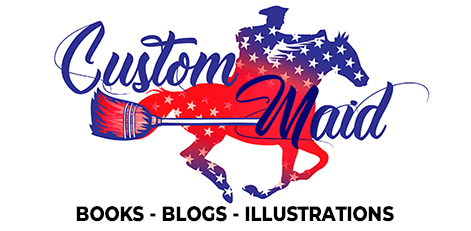By Peter de Krassel
Corruption in Hong Kong is one of the unspoken givens of many successful business transactions and political campaigns. This is currently highlighted by the high-profile bribery and corruption trial of former chief secretary Rafael Hui and the Kwok brothers of Sun Hung Kai — and the disclosure of millions of dollars of unreported campaign contributions made to politicians by media tycoon Jimmy Lai.
President Xi Jinping is disregarding “life, death and reputation” in his fight to root out corrupt “tigers” and “flies” on the mainland. Xi should seriously consider sending one of his corruption-fighting regiments to fight the “armies of corruption” in Hong Kong because the Independent Commission Against Corruption can’t do today’s job alone.
In the face of outrageous police graft, former governor Murray MacLehose in 1973 created the ICAC, which led to a graft-free administration that made Hong Kong a beacon of clean government and business transactions in Asia.
MacLehose staffed the ICAC with honest officers from Hong Kong and overseas. It was so independent and so ruthless that it came to a turbulent head during the brief but tense police mutiny in 1977 when thousands of angry officers gathered on the parade ground at police headquarters. “Back-handers” had become a way of life, factored into the family budget. This explosive volcano of police rage only subsided when MacLehose extended an amnesty for shady practices of the past.
According to Transparency International’s annual corruption ratings, Hong Kong ranks the 12th cleanest on a list of 183 countries and regions. The reality is that there is a growing perception — locally and globally — that corrupt practices have made a comeback, and are now infiltrating the political and business fabric of Hong Kong.
Under British colonial rule, Hongkongers believed Hong Kong was run by HSBC, the Hong Kong Jockey Club (HKJC) and the Hong Kong Club (HKC). HSBC was indicted for enabling Latin American drug cartels to launder billions of dollars, according to the February 2013 expose by Matt Taibbi in Rolling Stone Magazine. The bank paid the US government $1.9 billion to settle the suit.
HSBC has a history of banking drug dealers going back to the Opium Wars with China in the 19th century.
Hui ran his corrupt business at the HKJC, a club that several of its stewards and high-flying society members were convicted of corruption for accepting bribes to expedite membership applications.
Lands Department Assistant Director Anita Lam Ka-fun and her surveyor husband sparked outrage last week when it was disclosed they had bought 8,274 square meters of agricultural land in Tsing Tam village, an area she oversees, near the area being studied for the planned Kam Tin new town — and won the right to build homes from the board she sits on.
Most of Hong Kong’s elites are members of the HKJC, HKC, or both — and like the mainland’s high society, should get off their high horses and honestly start tackling one of the country’s rotten roots in both systems — corruption.
Hui masterminded Donald Tsang Yam-kuen’s successful bid to become Chief Executive. Tsang was also being investigated by the ICAC over allegations of bribery that in the final months of his tenure as CE he allegedly accepted favors from Hong Kong’s tycoons. Tsang was also found to have traveled on private yachts and jets. He was also said to be considering retiring to a Shenzhen penthouse owned by a mainland property magnate with business interests in Hong Kong.
The ICAC investigation resulted in a motion in the Legislative Council to impeach Tsang a month before his term in office expired because, according to polls, three-quarters of Hongkongers did not want to see Tsang complete his term. The motion failed because it fell short of the two-thirds majority of legislators required.
The ICAC inquiry was expanded to include Tsang’s wife, two sons and brother, former police commissioner Tsang Yam-pui, who was an executive director of NWS Holdings, the infrastructure and service flagship of New World Development, a Hong Kong property developer.
The political intrigue reached fever pitch when it was announced that the head of the ICAC — who was appointed by Tsang and is accountable to him — would not be involved in the investigation because of his own conflict of interest. He had close links with the developer of Tsang’s retirement penthouse.This raises questions about how independent the ICAC is, even though it has acted to enforce the law against the Hong Kong political and business establishment.
Collusion between politicians and business tycoons — regardless of political system or party, is destructive and results in an ungovernable society simmering for change — a reality Xi Jinping recognizes and one Hong Kong must as well.
The author has worked over four decades as an attorney, banker, political activist, entertainment industry executive and author of the Custom Maid series of books.
